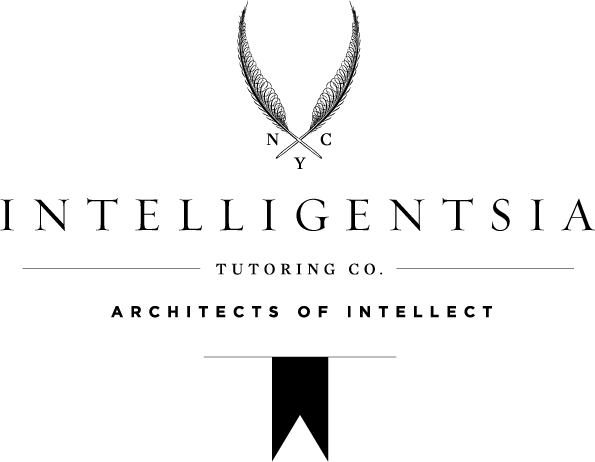You get out what you put in. That principle has always been true for me, and it’s one especially resonant in the field of learning. In this NY Times piece, Laura Pappano sheds an interesting light on the evolving relationship between four-year universities and two-year community college transfers. The slant of her writing is true. Students at community colleges have been unfairly overlooked by four-year universities in the past, and the expansion of their recruitment efforts to include community colleges is a welcome development. One of the reasons that Pappano points to for the recent evolution is that four-year institutions are finding that community college transfers firmly understand the input-output relationship of hard work.
With that in mind, I thought it might be insightful to share a little bit about my own journey through higher education, which began at a community college, concluded at a four-year state university, and included a summer detour through the halls of New College, Oxford. What I took away from the experience is that mastery in education has little to do with content learning, but in learning how to learn, an effort that I continue to refine.
I was lucky to find a professor at my community college who took the time to not only be a professor but also become my mentor. The class he taught was on social theory, but it touched on everything in the humanities, all of which became topics for discussion and debate when I would meet with him during early morning office hours. He respected my intellect but did me the favor of crushing it, needlessly at times, with the intent of goading me on. To challenge him, to distrust everything he said, to force him to defend his every position, in the same manner he forced me to. What he taught me was that learning wasn’t a passive absorption of facts from text or teacher, but a test of every idea I believed. I was certain of much less after those office hour debates, but the few ideas I retained were evergreen and more like scaffolding to be built upon.
My transfer to the four-year university that I eventually graduated from was somewhat disappointing. You could get lost in the sea of students and everything seemed driven by politics. But I got lucky by mistakenly enrolling in a graduate course as an undergrad. The professors who ran the sociology department at my college took in anyone who wanted to learn. They allowed me to sit in on graduate courses, despite the annoyance my endless questioning may have brought to some of the discussions, even though they frequently stirred up good debate. My mistake landed me in a setting where I could have the types of intellectual exchange that I had with my community college mentor.
During my time at Oxford, I studied critical theory with a dedicated tutor over the course of a summer. The workload was intended to break me. I recall one prompt in particular: “Were the Frankfurt School theorists bitterly pessimistic or expectantly optimistic with regard to their social outlook during their American phase?” I had a week to write an essay on two books, Minima Moralia and The Dialectic of Enlightenment, and be prepared to argue about it at next week’s session. A lot of what I remember from Oxford was the view outside the window above my desk—grey clouds and rain—but it was also there that I realized what I had been doing all throughout college.
I was creating situations for engagement. I was recreating the format of discussion and debate that was standard at an elite university like Oxford. I wasn’t learning material as much as I was challenging it to ensure it was worth learning. In essence, I was learning how to learn.
This is the experience that tutors at Intelligentsia aim to provide. The aim isn’t merely to help students preparing to take the SAT get better at selecting more correct answers, more of the time. Our aim is to provide exercises in prioritizing their cognitive effort, in deploying proper strategy to sort through information (most of it useless), in identifying the parts of a passage where a solution to a query might lay, and in recognizing when a problem has become a snag to set aside and return to later.
That’s what we put in. A sharper, more confident student is what we hope to get out.
— Jonathan Tupas


